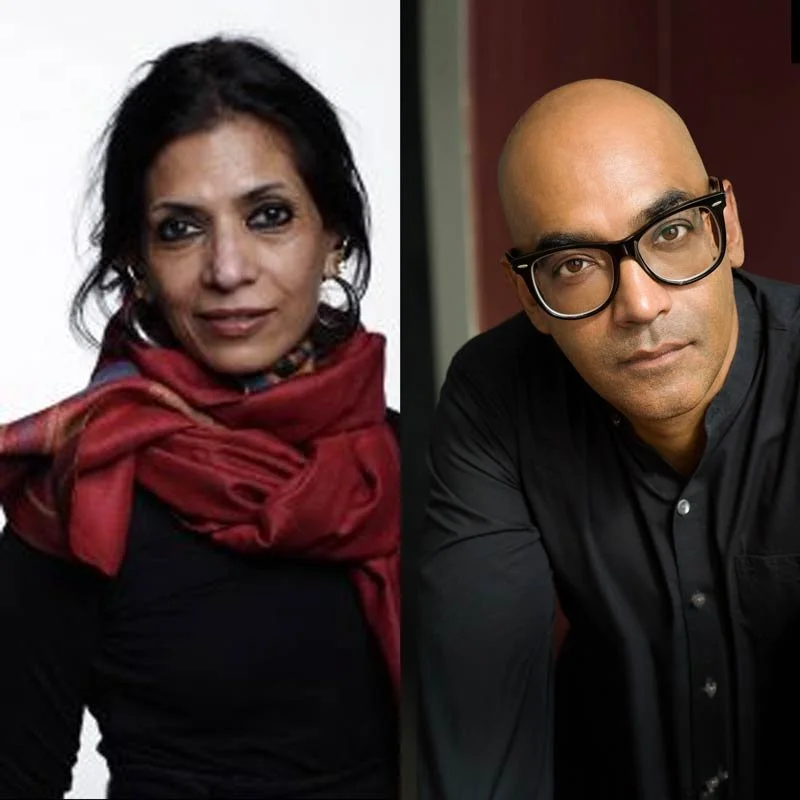JULIE PIERCE
/Julie Pierce, Vice President of Strategy and Planning for Minnesota Power, focuses on long-term strategy and development for Minnesota Power’s customer needs. Her responsibilities include fuel strategy and procurement, project development, consideration of new technology, customer power supply marketing, customer forecasting, and resource planning.
Julie Pierce stands as a beacon of innovation and foresight in the energy sector. Leading strategy at Minnesota Power, a part of the Allete family, she’s helping transform the landscape of renewable energy with a focus on sustainable development and community collaboration.
A Vision Grounded in Realism
In an era where the need for actionable solutions to climate change is more pressing than ever, Minnesota Power sets a benchmark for others. The company has shifted dramatically from a fossil-fuel-heavy portfolio to embracing renewable sources, achieving a remarkable goal of transitioning 50-60% of their energy to clean methods within a decade. This transformation isn't just a matter of policy but a demonstration of practical, business-minded decision-making that harmonizes with environmental stewardship.
Community-Centric Transformation
The company’s strategy isn't merely about cutting emissions; it's deeply rooted in engaging with the communities that Minnesota Power and its partners serve. Recognizing the critical role of community engagement in their success, Pierce initiated community advisory panels. These forums allow local voices to shape and understand the shifts in energy strategies, ensuring transitions are community-driven and socially responsible.
Leading with Diversity and Collaboration
A significant part of Minnesota Power’s success lies in its diverse and collaborative leadership. Pierce proudly notes a leadership team that sets the standard for gender diversity in the industry, with women holding 50% of senior roles. This diversity leads to a broader range of perspectives and innovative solutions that foster sustainable growth and adaptability.
Building a Sustainable Future
Looking ahead, Pierce is not resting on past achievements. She's charting a bold path to carbon neutrality by 2040, aligning Minnesota Power with global sustainability goals. This journey involves smarter grid management and exploration into carbon sequestration, ensuring that energy reliability remains uncompromised even as the company scales up its renewable investments.
JULIE PIERCE
Minnesota Power and Allete have a strong forward-looking, action-based strategy that we call "sustainability in action." We focus on identifying energy solutions needed to continue decarbonizing and making our energy solutions cleaner and environmentally higher-performing.
Minnesota Power and its customers in Northeast Minnesota made the decision about a decade ago to start moving in this direction. We wanted to ensure that we took the right time, pace, and path that was thoughtful for our customers and communities to transform. Through the past decade of hard work with our communities and customers, and leveraging new technology in wind, solar, and hydro, we transformed from a 95% fossil-fuel-based portfolio to 50-60% clean energy. Essentially, in the last decade, we've worked to reduce our carbon emissions by half and increase our renewable energy production by 50-60%. It has been a very exciting time.
We had over 50% of our board members as women for well over a decade. So we started at the top and then with our leadership teams. The promotion of a diverse, collaborative discussion on any topic within our organization has been paramount.
This initiative led to a leadership senior executive team currently headed by our Chief Executive Officer, Bethany M. Owen, who is the first female to run the business. Additionally, we have a strong, broad senior executive team with over 50% women. This diversity is crucial to our identity as a collaborative organization and has brought diverse perspectives and the additional lenses needed to handle significant changes. When you're in a big period of change, you need people to be with you.
The Broader Impact and Global Context
Pierce reflects on the broader implications of her work in light of global challenges. As cities prepare for climate migration and expanded urbanization, the work being done at Minnesota Power provides a crucial blueprint. The investment and innovations flowing from this organization reach far beyond Minnesota, setting an example of how utilities worldwide can transition to a cleaner, more sustainable future without sacrificing economic growth or community well-being.
Embracing Nature and Inspiring Future Generations
For Pierce, the connection to nature is personal and professional. Residing near the stunning beauty of Lake Superior, she emphasizes the importance of preserving the environment for future generations. Her leadership not only champions technological advances but also advocates a deeper appreciation and responsibility towards the natural world, urging younger generations to protect the planet for a healthier, sustainable future.
Julie Pierce’s story is one of thoughtful innovation, community empowerment, and strategic foresight. As she continues to lead Minnesota Power towards a cleaner future, her work serves as a testament to the power of visionary leadership coupled with a genuine commitment to sustainable practice and community engagement, showing a path for future leaders across sectors to follow.



















